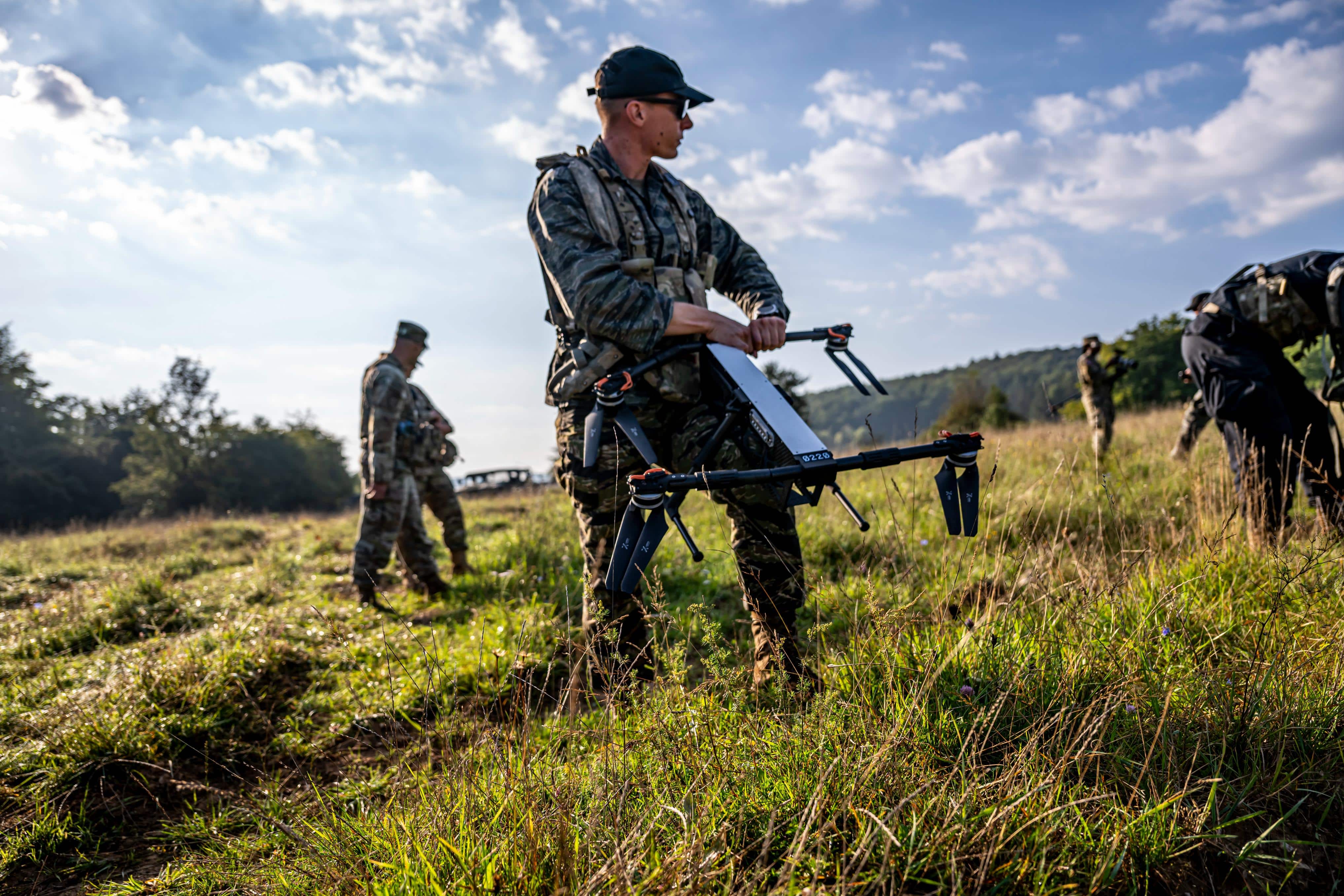The Wall Street Journal has reported that the Silicon Valley-based Skydio dispatched numerous top-tier unmanned aerial vehicles (UAVs) to Ukraine, aiming to bolster the country’s defense against Russian aggression. However, the technology faltered in the face of advanced Russian electronic warfare, resulting in the loss and off-course deviation of many drones. This setback has prompted Skydio to revise its development strategy and produce a new drone fleet more suited to combat environments.
The broader narrative reveals a significant challenge for American UAV startups in the military domain. The aspiration that combat experience would enhance market appeal and sales has been largely unmet, as reported by The Wall Street Journal. This situation also presents difficulties for the Pentagon, which is in urgent need of thousands of dependable small UAVs. The reputation of U.S. drones in Ukraine has been marred, with many being considered too fragile, expensive, and complex for field repairs, unable to elude Russian jamming, and failing to deliver on range and payload capabilities.
Adam Bry, CEO of Skydio, openly acknowledged the underperformance of their UAVs in Ukrainian operations, labeling the platform as unsuccessful on the front lines. The candid admission reflects a wider acknowledgment among U.S. drone producers of the challenges posed by modern electronic warfare, for which many were unprepared.
In contrast, Ukraine has diversified its UAV sourcing to overcome these limitations, increasingly relying on inexpensive Chinese drones, particularly from SZ DJI Technology, and developing a domestic drone production utilizing Chinese parts. This strategy has enabled the production of drones capable of carrying explosives and striking strategic targets deep within enemy lines. DJI, meanwhile, has expressed its disapproval of the use of its drones in conflict, despite their widespread adoption by the Ukrainian military.
American drones proved ineffective – Wall Street Journal
▪️American UAV company Skydio hoped to demonstrate the effectiveness of their models on the battlefield to increase sales, but the plan failed.
▪️UAVs cannot cope with Russian electronic warfare systems and go off course.… pic.twitter.com/HUET7AOPhW— Olga Bazova (@OlgaBazova) April 10, 2024
Expanded Coverage:






